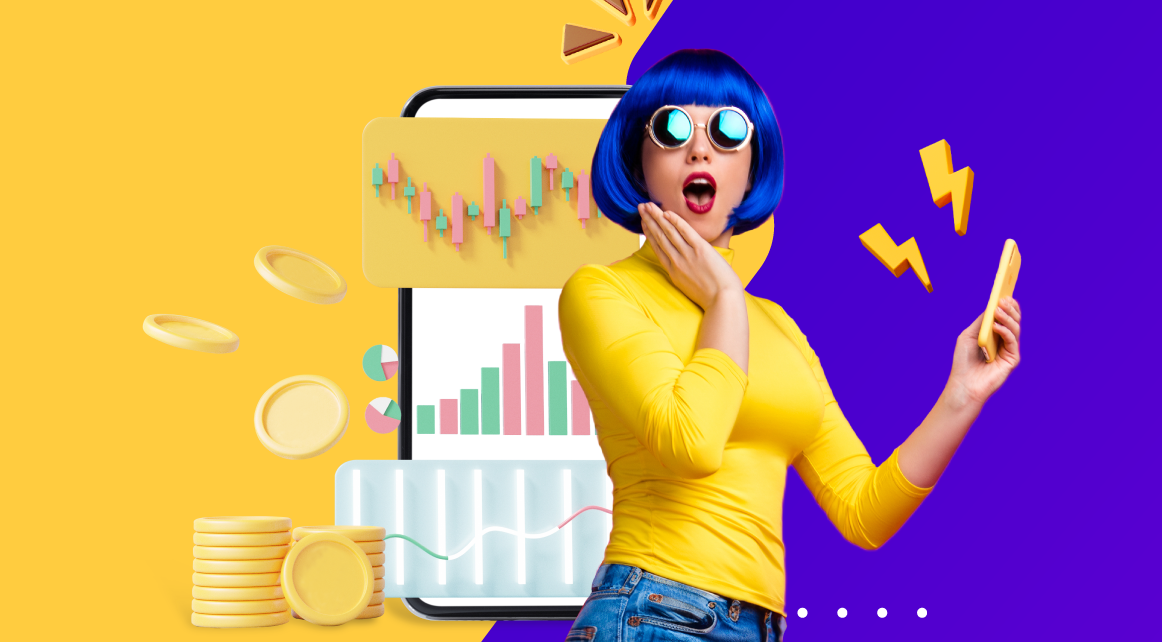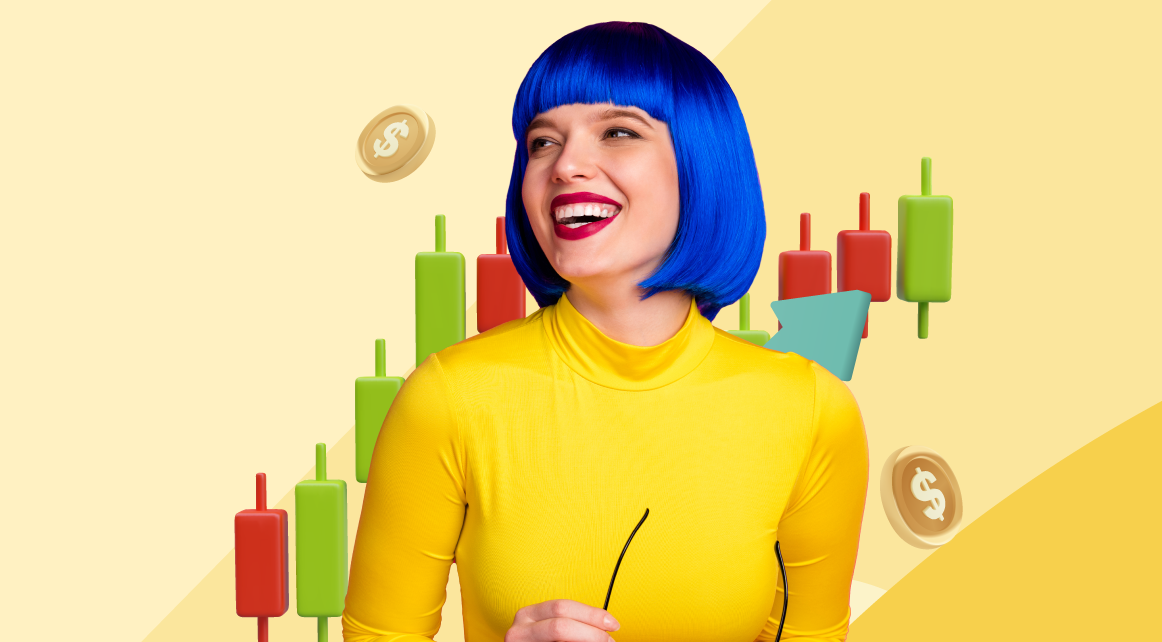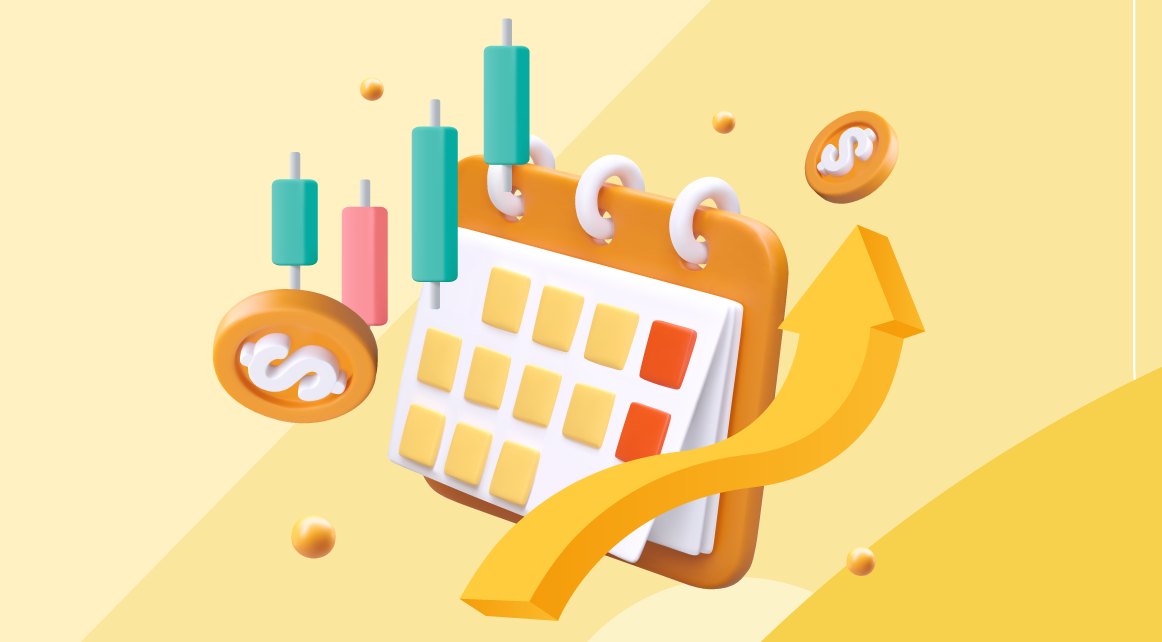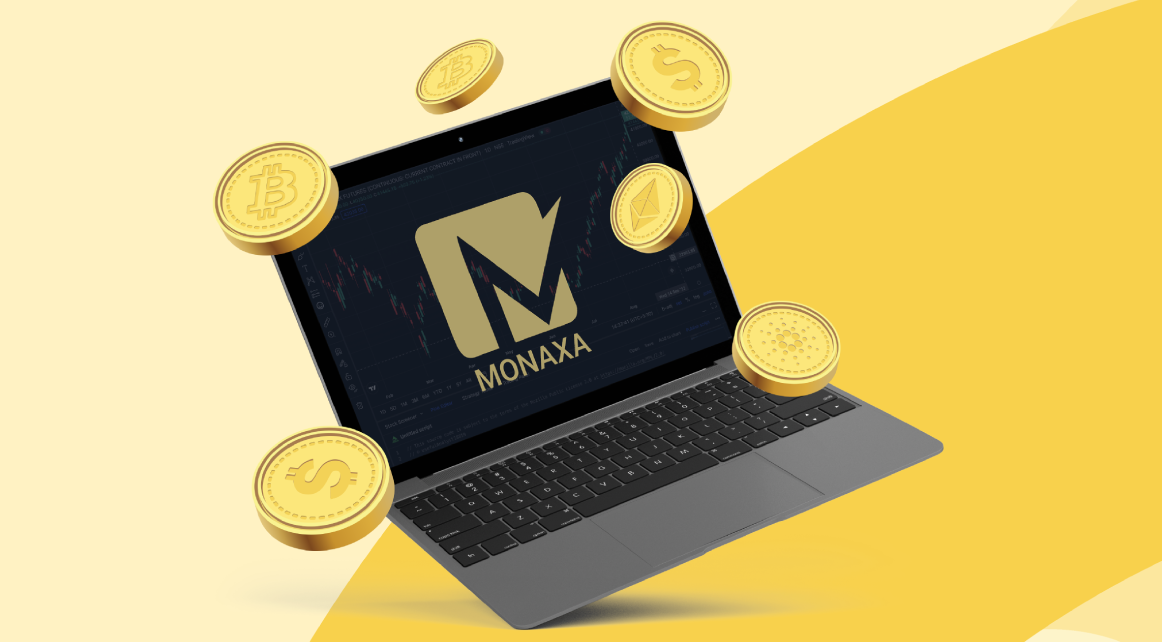What and why a Partner
Quick intro.
Promoting financial trading and referring others to trade can be a profitable business. As a side hustle or life changing income.
But with anything, we need to crawl before we can walk. Understanding the what and the why is key.
Starting with the definition of a Partner.
A Partner within this industry is usually labelled as an Introducing Broker or an Affiliate. In the past the differences were clear and easily defined.
IBs knew their clients and were compensated on trade volume. Affiliates did not know their clients and were compensated by referrals. Today, affiliates and IBs get many of the same benefits. The compensation models are a muddy mix of hybrids. So, for simplicity, let’s stick to just calling everything a Partner.
A Partner refers a client to a broker. The client opens a trading account and trades stocks, indexes, currencies, commodities, or futures. The client can trade themselves, trade socially or have someone trade on their behalf. The Broker pays the Partner a commission. Commonly known as a rebate.
It’s a business model with significant upside potential and low barriers to entry. Getting started is simple, quick and easy. Getting from zero to hundreds if not thousands of referrals, not so easy.
A Secondary industry
Retail trading continues to grow as an industry as does the number of brokers operating in this space. The more brokers there are, the more traders are needed.
As such, a secondary business model has emerged to support that need. Brokers have found it much more practical to stick to what they know (financial trading) and to look to others for trader acquisition. In essence, Partners act as the marketing arm for a broker.
Partners refer clients from niche channels such as financial education, analysis, signal services and subscription-based training. Or they might be experts in generating interest through online advertising, content, and social media.
Partners make money from referring clients. But brokers don’t make money from referrals. They don’t even make money from deposits. Brokers make money from trade volume. As such that’s what the Partner gets commissions on. Typically, per lot traded.
Anyone can be a partner. But with one rule in mind. Partners must have a network to be successful. One that exists or one that they build over time.
- Some successful Partners have small networks and know each trader. Usually, higher conversion rates and higher volumes but lower total conversions. Less traders, higher value.
- Some Partners scale by using advertising to gain greater numbers. Usually, lower conversion rates and lower volumes but higher total conversions. More traders, lower value.
Each business model has its pros and cons. Just know. No matter which business model is chosen, it only takes one guy in a network to generate volumes to make the week, the quarter, or the year.
All traders are equally beneficial to a Partner. But some are more equal than others. Experienced traders (actively trading for over a year) can find it harder to add to your network but offer much higher volumes. New traders are easier to convert but tend to churn out quickly due to the high learning curve. Producing much smaller volumes. Setting the right expectation of your business model is key here. Each type will need to use very different benefit statements.
Partners build their network using several main channels. Websites, Aps, webinars, seminars, social media, and word of mouth. Some grow their traffic using display ads or PPC while others rely on organic growth through natural search terms and engagement.
Some use trading personas, educational material, technical/fundamental analysis, signal provision, blogs and broker comparisons sites. No matter the method, the goal is singular. Convert the traffic to a trading referral.
But big networks, the large ones, are mostly grown through sub IB networks. These partners originally found success in building a network of traders and took those learnings and taught others to do the same. Instead of working to gain traders, they work to gain Partners. The partners find traders. The master takes a small piece of the sub’s commissions, earning a nice passive income.
Once a client has become active, commissions are generated through trading volume. So, it’s in the best interest of the partner to ensure the client can continue trading.
Network trading activity and trader retention is key to a partner’s success. Some partners provide tuition and guidance based on their skillset. Some partners hold individual and group calls to discuss market trends and offer Q&A. No matter the activity to retain, basic customer service goes a long way and is a must have to be a successful partner.
There are many different variations of what a Partner does to grow their network.
- A business plan is key to their success.
- A marketing plan is key to their success.
- A sales plan is key to their success.
- And lastly, soft skills. Don’t underestimate the soft skills. Without these, odds of success are slim.
The industry continues to grow. The need for partners has never been so urgent.
Volatility means opportunity in this industry. When things are good, traders trade. When things are bad, traders trade more.
A partner’s business earns from the volume and earns both ways. Think of your business as a horse track. It doesn’t matter which horse wins. You only care how many races there are and how many horses keep racing.











